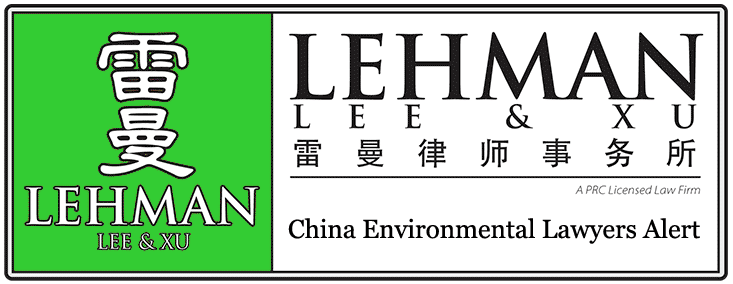I was talking with a vice president of a big exchange traded fund in Boston on Thursday about the mining industry. We were at the Lenox. It was 11am. We had a Guinness. Anyway, he was talking about how countries like the U.S., or all of Europe, can never really pick up the slack from shortfalls in production in places like South Africa, Russia, Brazil or China, because regulations in the developed countries have squeezed margins to a point where it becomes hard to do business. Miners aren’t really investing in the U.S. to dig up iron ore to make steel, or even buy iron ore to make more steel. I mean, the U.S. steel industry isn’t growing. The coal industry is still fighting for its life and trying to find modern day relevance with its clean coal technology, however that works.
The environmental regulations are weaker in places like China, so that makes mining operations easier. You can do more harm to the environment at less cost to the company. You can dump toxins into the land, no one will know the difference. Who cares about the environment, until your child is poisoned from mercury in their fried fish.
Dozens of children living near a lead refinery plant in South China’s Guangdong province have all been diagnosed with excessive lead in their blood, a local government statement said this week. Environmental protection authorities have begun investigating the plant in Dongtang township of Renhua, a county-level city in Guangdong province, but the statement did not identify the company’s name. We just know, thanks to “China Daily” reporters on the ground, that waste gas and waste water, plus industrial residue is to blame and now it is being monitored to see just how much it is to blame for the environmental problems.
This is what lax environmental regulations look like.
As of Tuesday, 37 residents in Dongtang, mostly children, have been diagnosed with lead poisoning. Excessive amounts of lead in the body can harm the digestive system, along with the nervous and reproductive systems. It can also cause convulsion within children.
In the U.S., you can’t buy a house with lead paint in it. Schools have to remove it even if it costs taxpayers millions according to environmental laws. You can’t pay off the mayor of Boston to avoid having to remove lead based paint from the windows of a “Southie” high school. You have to redo the windows and you have to dispose of the paint properly.
In China, samples of the surface and ground water in the township have not tested positive for excessive lead at this time. Tests on samples of soil and air near the plant are still under way, the statement added.
“The company will be severely punished if it is found to be emitting excessive pollutants,” said Huang Renfeng, an official with the Renhua government told “China Daily”.
Here’s the thing, right now, countries like China are not as concerned about the environment as they are about full employment. The same holds true for places like South Africa, where miners are pulling platinum and nickel out of the earth each day. That is because they are at different stages of their development. Yet, their governments do not exist in a vacuum. China, at least, is aware of the environmental dangers all countries face. It is investing in new, cleaner technologies. It’s a world leader in solar panel technology and manufacturing. It wants to develop super power lithium batteries to power electric vehicles. At some point in the near future, Chinese environmental laws will catch up with the environmental standards of the U.S.
The U.S. and Europe are not going to go the way of China in terms of regulating clean air, soil and water, no matter how much politicians scream about how regulations destroy growth. But China is definitely not going to go the way of the U.S. Civil society in China will no longer stand for lead poisoned kids as they do in America. The time for significantly improving the environment in China is not very far off.
http://www.forbes.com/sites/kenrapoza/2012/02/23/chinas-weak-environmental-laws-wont-last-forever/ |

